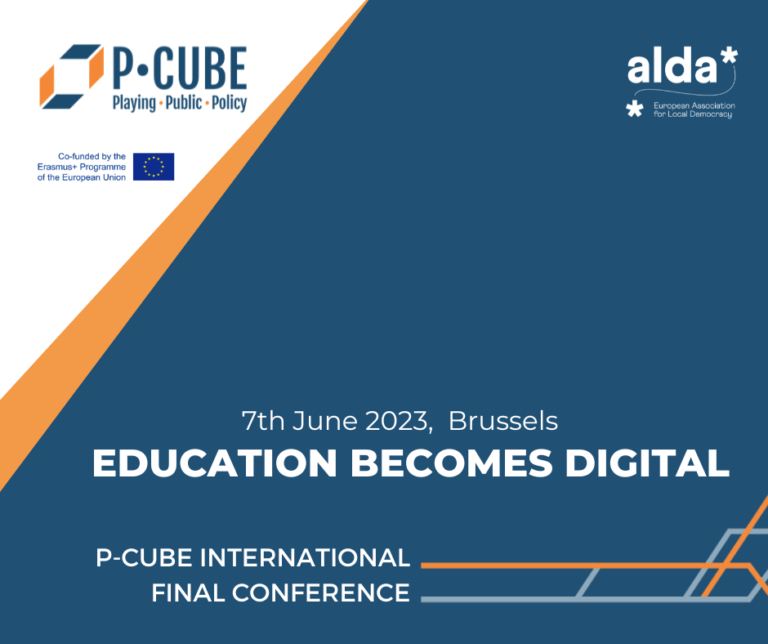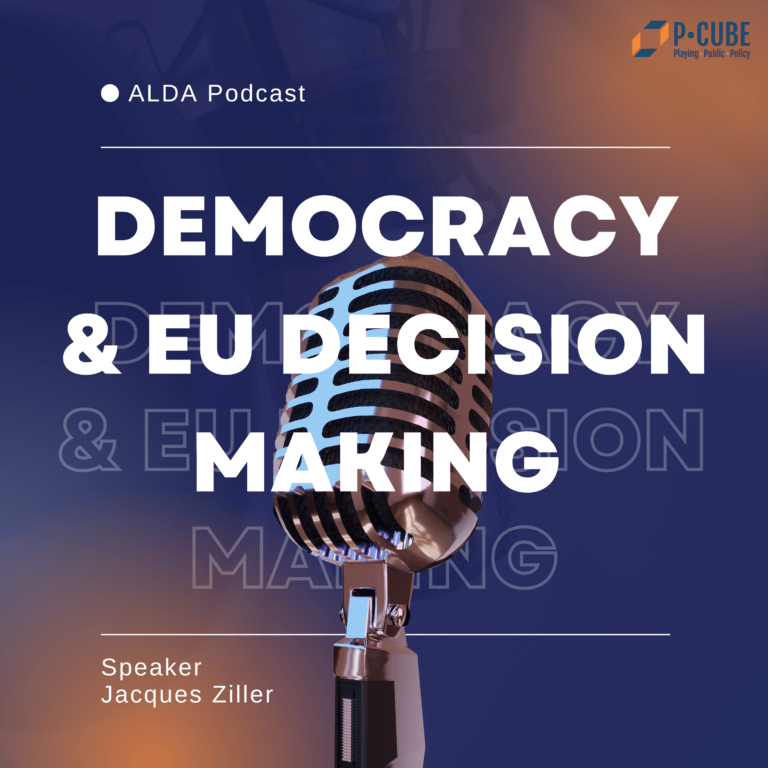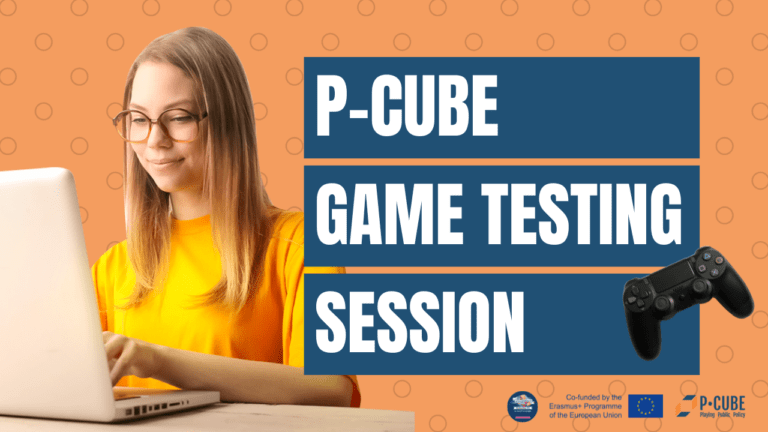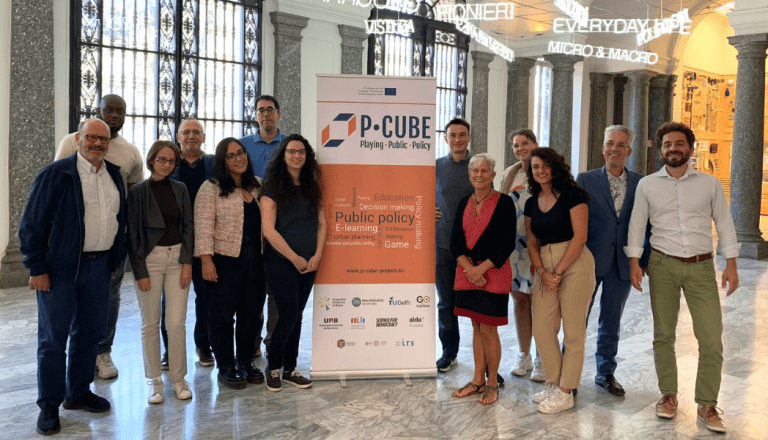Since the beginning of the COVID19 crisis, a lot of sacrifices were made to ensure and guarantee the health of the population. Unfortunately, education was one of the fields to make sacrifices. The closure of schools, universities and other learning institutions, as well as the interruption of many literacy and lifelong learning programmes, has affected the lives of 1.6 billion students in over 190 countries. Nevertheless, there is hope, as emphasized by Sun Tzu in The Art of War, active 6th century B.C. “In the midst of chaos, there is also opportunity.” The Art of War from Sun Tzu is still relevant in our current time. By seeing opportunities, innovation can emerge and be developed. This crisis is also the opportunity to rebuild a better world where inclusive and equitable quality education is accessible to everyone.
If the future of education is digital and especially if video games can be used to be in the service of education. Instead of learning by doing, we go to learning by playing video games. It’s the bet of 2 European projects, The Rude Awakening and P-CUBE, started during the health crisis. They put digital tools at the heart of their strategy to highlight and make the topics closer to the younger generation. How can video games support the education of the younger generation?
Teaching a common history by playing or how to speak about WW1
War is not an easy topic to talk about and the consequences of it are not easy to explain. Nevertheless, there is a need to speak about it, to teach it and to raise awareness of it. The European project “The Rude Awakening” made the choice to use digital tools to teach the younger generation war and peace. A video game enables to recreate the atmosphere of WW1, to teach the common cultural and European history the countries are sharing and most of all, it enables to play a game and to put you in the shoes of a WW1 soldier. Learning via playing a game needs to make sure that the information and content are accurate. The project makes it a point of honour to make sure that players learn true and accurate information. That is why the narration is based on accurate documentation, real testimonials, memories, letters, pictures,… But the identification with fictional character(s) is the innovative frame through which the player discovers the everyday life of a soldier at war, everyday struggles for food, water, fights against the cold, the hot, the tiredness, the death. By developing this video game, the project wants to make the players, especially the younger generation more connected to European historical and cultural heritage.
Learning by doing. Learning by playing public policy. Learning to grow up as a citizen. Learning and be sure that the next generation is ready to lead!
Teaching public policy making or how to foster civic engagement
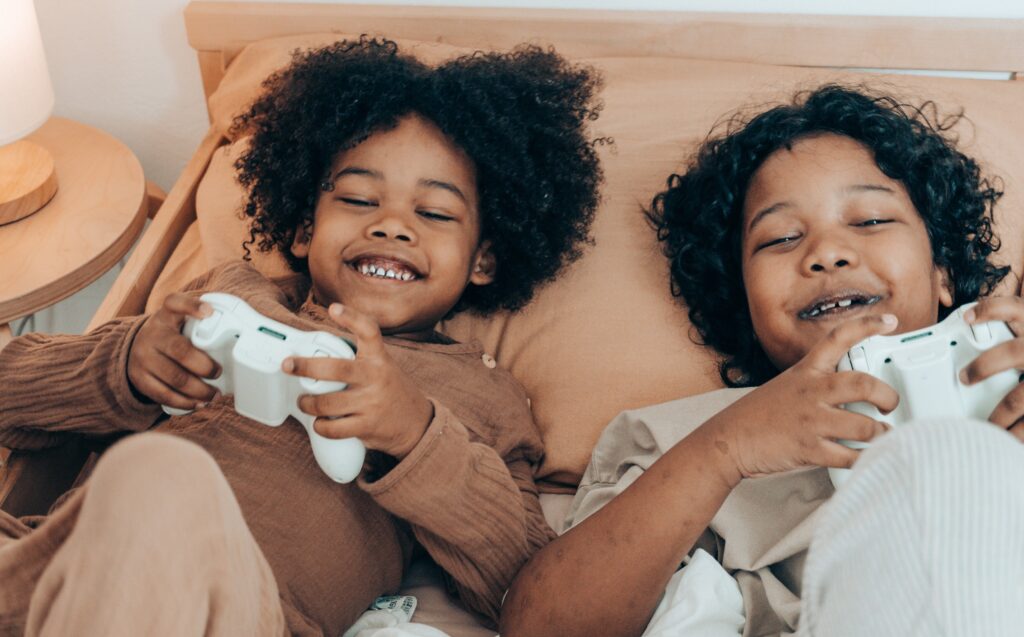
Citizenship is at the heart of our society and the youth need to understand how it works. They will be the ones leading and taking the key decision in the near future and they need to have the knowledge to understand how such decisions should be taken: What is a public policy? How are the decisions taken? How can these decisions have an impact on our society and our life? The European project P-CUBE wants to develop an educational game for teaching public policy theory. The project aims to go from a game board to a video game, from offline to online. The purpose is to contribute towards dispelling misconceptions around the way innovations in public policies are taken by presenting the process through an interesting and realistic model, through a video game. The game will help players to become more familiar with the complexities of public policy making, and show that there are several different ways to overcome the obstacles that prevent current governance systems from tackling collective problems.
Learning by doing. Learning by playing public policy. Learning to grow up as a citizen. Learning and be sure that the next generation is ready to lead!
Education & Digital
Digital can be a real pillar to help in the fight against inequalities and increase inclusion. Digital tools can provide wider access to education for everyone. But the education system needs to be ready for this change and implicate that the internet, phone, computer and other digital tools have to be accessible to every citizen. Being equal in the face of digital access. The pandemic is providing us a unique opportunity to have a new vision on the education system, on the use of digital tools to learn and teach and to find new innovative ways to make have an inclusive and accessible education.
This crisis is pushing every citizen, government, and international institutions to make sacrifices and is changing our way of living. Nevertheless and on the occasion of the International Day of Education, we should remember how education is the key to the development of a country and to build and rebuild our societies. As video games, any form of educational methodology should be considered to rebuild and redefine our world and especially make sure to not forget this statement: Education is a human right.
Written by Lisy Piter, project manager for the European Association for Local Democracy (ALDA) – partner of the P-CUBE project

